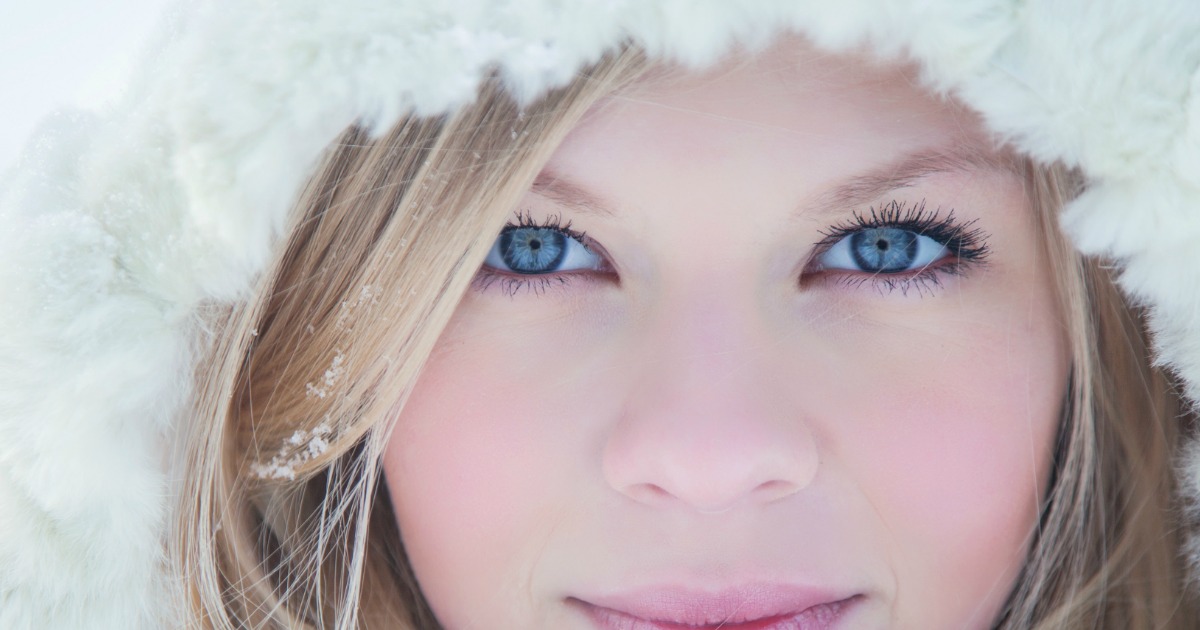Winter Eye Health

Winter Eye Health
Winter sun
Snow and ice are reflective, so the sun’s ultraviolet rays can reach your eyes from below as well as above – and not just when skiing. UV exposure is cumulative too so, although you may not feel any immediate effects, you could be putting yourself at risk of long term damage if you don’t wear protective sunglasses. This is because sunlight may damage the retina and lens of the eye, increasing the risk of developing conditions such as cataracts and age-related macular degeneration (AMD).
It’s especially important to have good quality sunglasses or goggles if you are hitting the slopes so make sure you invest in eyewear that complies with the safety standard BS EN ISO 12312-1-2013, or those made by a reputable manufacturer that have a CE mark.
Driving in winter
It can be difficult to see when driving during the long dark nights of winter, and it’s easy to understand why more accidents happen at night.
The glare of a low-lying sun on icy roads can also cause difficulty for drivers, so make sure your windscreen is clean, both inside and out.
If you are due a sight test, make sure you go, to ensure you have the best vision possible.
It is useful to have a pair of sunglasses in the car to help with the glare from the sun.
In winter, you may have more difficulty seeing clearly, as your pupils are larger in the dark than in the daylight and your depth of field decreases when pupils are large.
Dry eyes
If you already have dry eyes, central heating may exacerbate it. The treatment for dry eyes depends upon the cause, so it is important to speak to your optometrist if your eyes feel dry.
There are some simple steps you can take to minimise the discomfort caused by dry eyes in winter:
- Lower the temperature in rooms when possible.
- Blink more – many people find that their dry eye gets worse when reading or using a computer. This is because we blink less when we are doing anything that needs a lot of visual attention.
- Use a humidifier at work and at home. Opening windows for a few minutes on cold days will also help.
Time spent indoors
People tend to watch more television and spend more time using computers during the winter. Remember to take breaks and operate the 20:20:20 rule; every 20 minutes, take a 20-second break and focus your eyes on something at least 20 feet away.
Winter lighting
The lower levels of light in winter can make reading and close tasks more difficult, especially for older people and those with existing vision problems. Extra light in general can help and lighting for these sorts of activities should be as close as possible and be flexible enough to direct exactly where you need it most.
Watery eyes
In cold and windy conditions, many people complain that their eyes water more than normal. Wearing spectacles will provide protection against the wind, even if you don’t usually wear them outdoors.
Falls and the elderly in winter
Many people do not recognise the link between poor vision and falls in the elderly, and this is especially important in winter when the nights are longer. It’s important that people have regular sight tests. People over 60 are entitled to NHS funded sight tests so if you, a friend, or a member of your family are in this age range, make sure you have regular check-ups.






